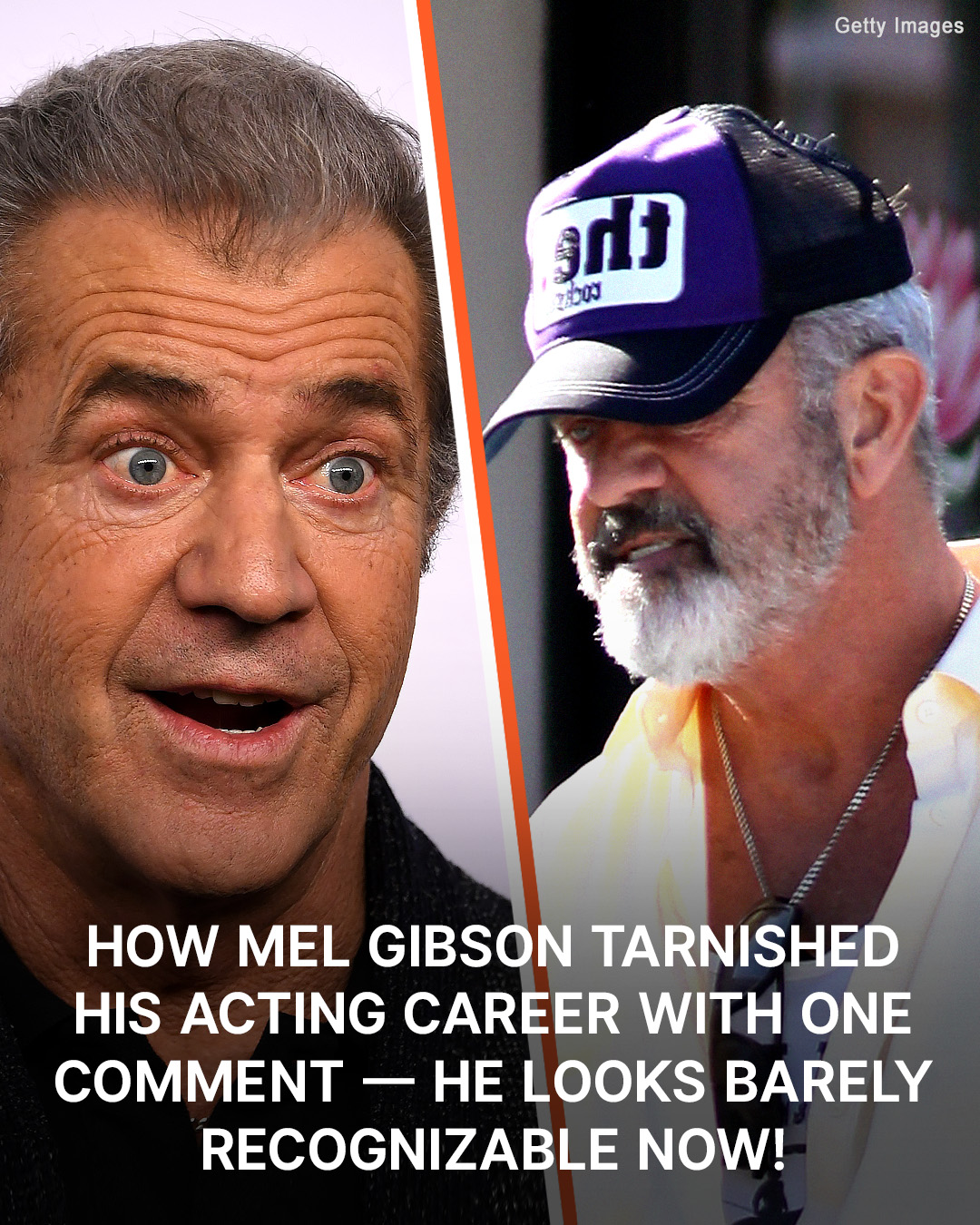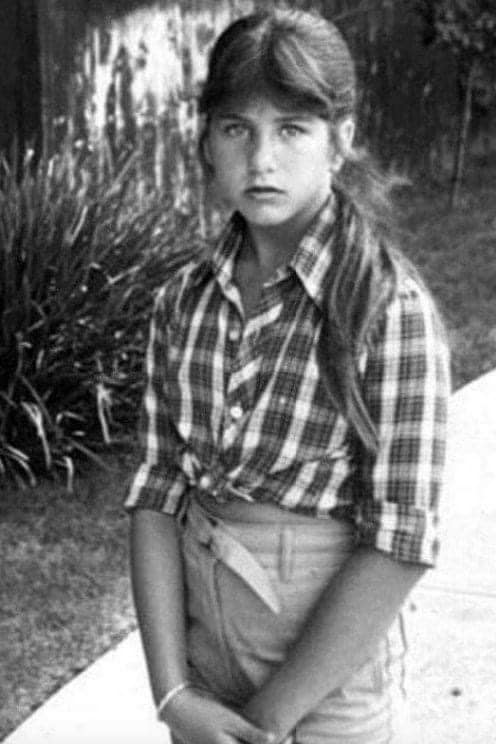Mel Gibson is an actor and film director, most widely recognized for his action-hero performances.
He became one of Hollywood’s most bankable stars for making box office hits like “Braveheart” and “Lethal Weapon.”
However, an unlikely incident in 2006 led to him being virtually shut out from show business, and his career was never the same since.
Mel Gibson, born on January 3, 1956, in Peekskill, New York, is an American-Australian actor and filmmaker. After moving to Australia in the late 1960s, he studied at the University of New South Wales and began his acting career.
He gained international recognition for his roles in “Mad Max” (1979) and “Tim” (1979), which earned him an award for Best Actor from the Australian Film Institute, equivalent to the Oscar.
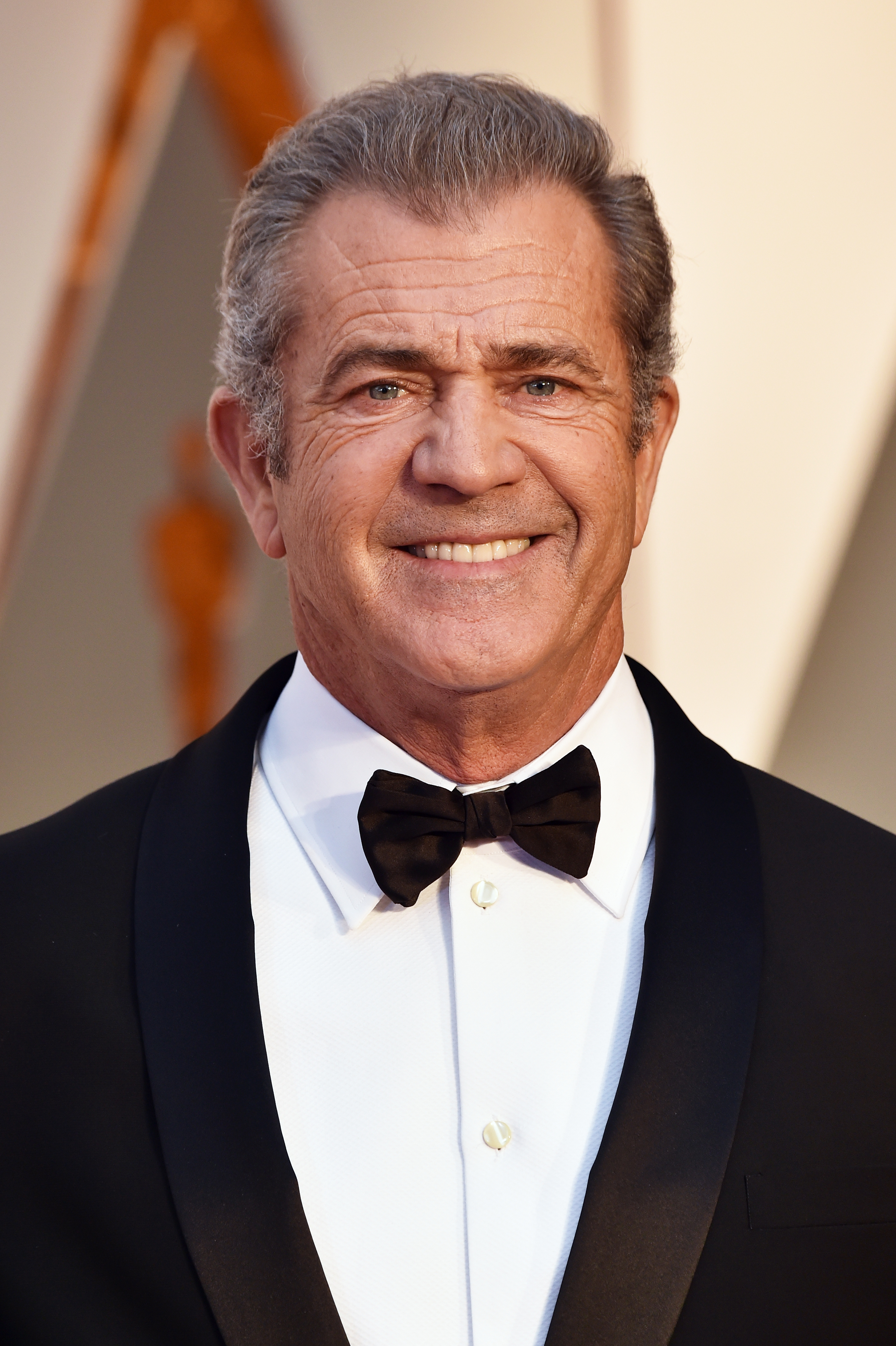
Gibson continued to deliver notable performances in films like “Gallipoli” (1981), the “Lethal Weapon” series (1987-1998), and his most famous role as Sir William Wallace in “Braveheart” (1995), which won him two Academy Awards for Best Picture and Best Director.
This unlikely incident tarnished his reputation and had a lasting impact on his Hollywood career.
His successful career includes films such as “The Patriot” (2000), “Ransom” (1996), and “Payback” (1999). Today, Gibson remains a prominent figure in Hollywood, known for his incredible talent and influence.
Despite being an Oscar winner, Gibson experienced a significant decline in his career and disappeared from the spotlight. Following his reportedly infamous Malibu DUI arrest, he faced expulsion and was virtually shut out from Hollywood.
Once considered one of the most bankable stars in showbiz, his remarkable career was negatively impacted by a series of abusive incidents and offensive anti-Semitic remarks. Resultantly, producers became hesitant to work with him, leading to his unofficial isolation from the film industry.
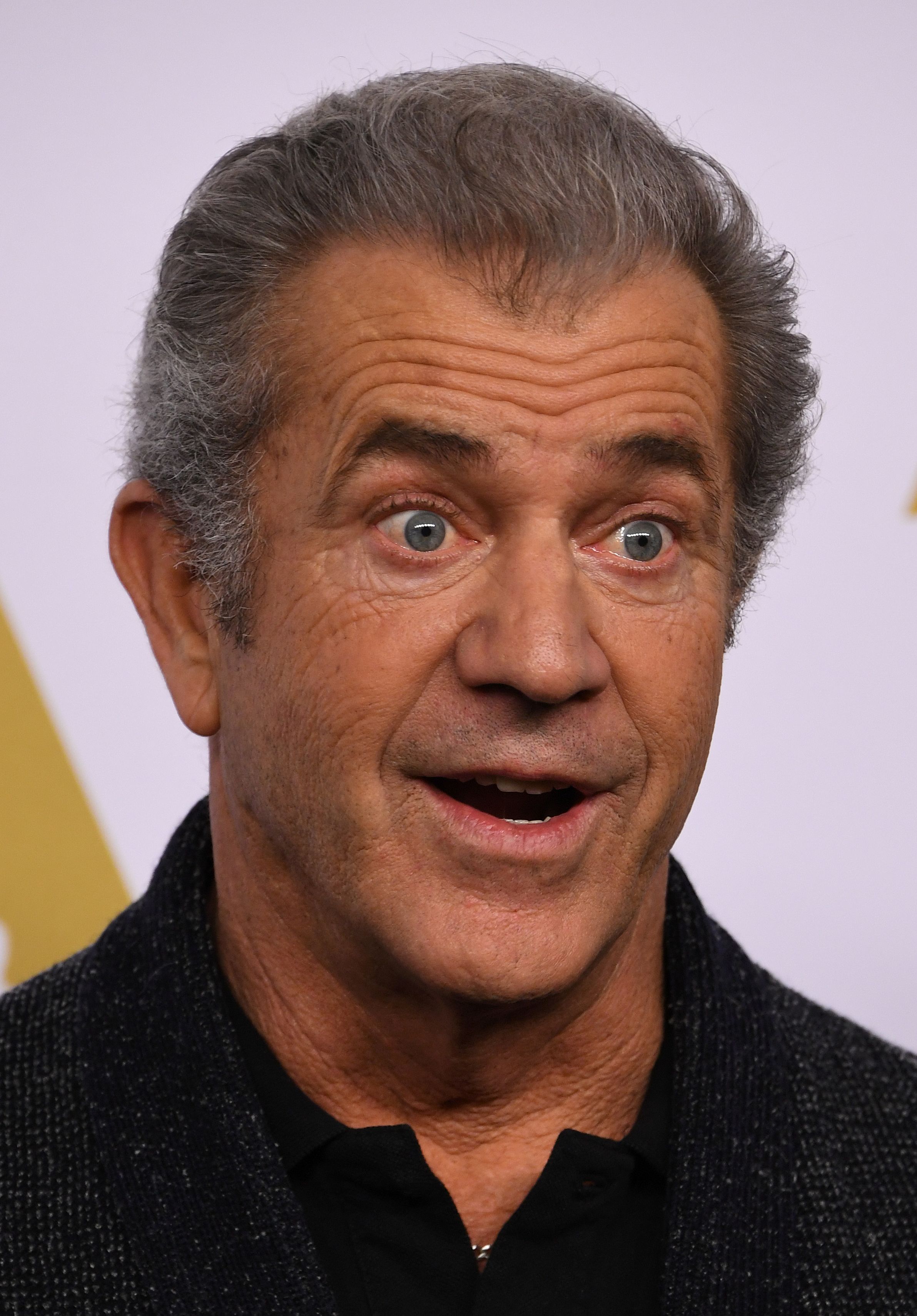
Acting Career & How He Made a Comeback
Gibson’s career suffered a major setback due to his series of controversial remarks and actions. The most notable incident occurred in July 2006 when the “What Women Want” star was taken into custody for DUI.
In 2016, Gibson received a 10-minute standing ovation at the Venice Film Festival for “Hacksaw Ridge,” marking his return to directing after a decade-long hiatus.
During the arrest, he reportedly made anti-Semitic, racist, and misogynistic comments that garnered international attention. This incident resulted in widespread condemnation and damaged his reputation significantly.
In response to Gibson’s comments, there was an intense backlash from both the entertainment industry and the public. Regardless of their religious background, many individuals reportedly called for him to face the consequences of his offensive remarks. Some industry figures urged a professional shunning of Gibson, emphasizing the importance of taking a stand against bigotry and racism over financial considerations.
Furthermore, in 2020, “Beetlejuice” actress Winona Ryder came forward with an alleged incident from the 1990s where Gibson made anti-Semitic and homophobic comments towards her. Ryder claimed that Gibson referred to her as an “oven-dodger”— a deeply offensive term referencing the Holocaust. Gibson vehemently denied these allegations and labeled Ryder as a liar.
The fallout from these incidents had a lasting impact on Gibson’s career. He faced significant public backlash, and producers hesitated to work with him, leading to a rapid decline in opportunities.
Despite the controversy, Gibson has made sporadic appearances in recent years, attempting a comeback of sorts. However, the stigma attached to his past behavior and remarks still persists, and he continues to be associated with the controversies that damaged his reputation.
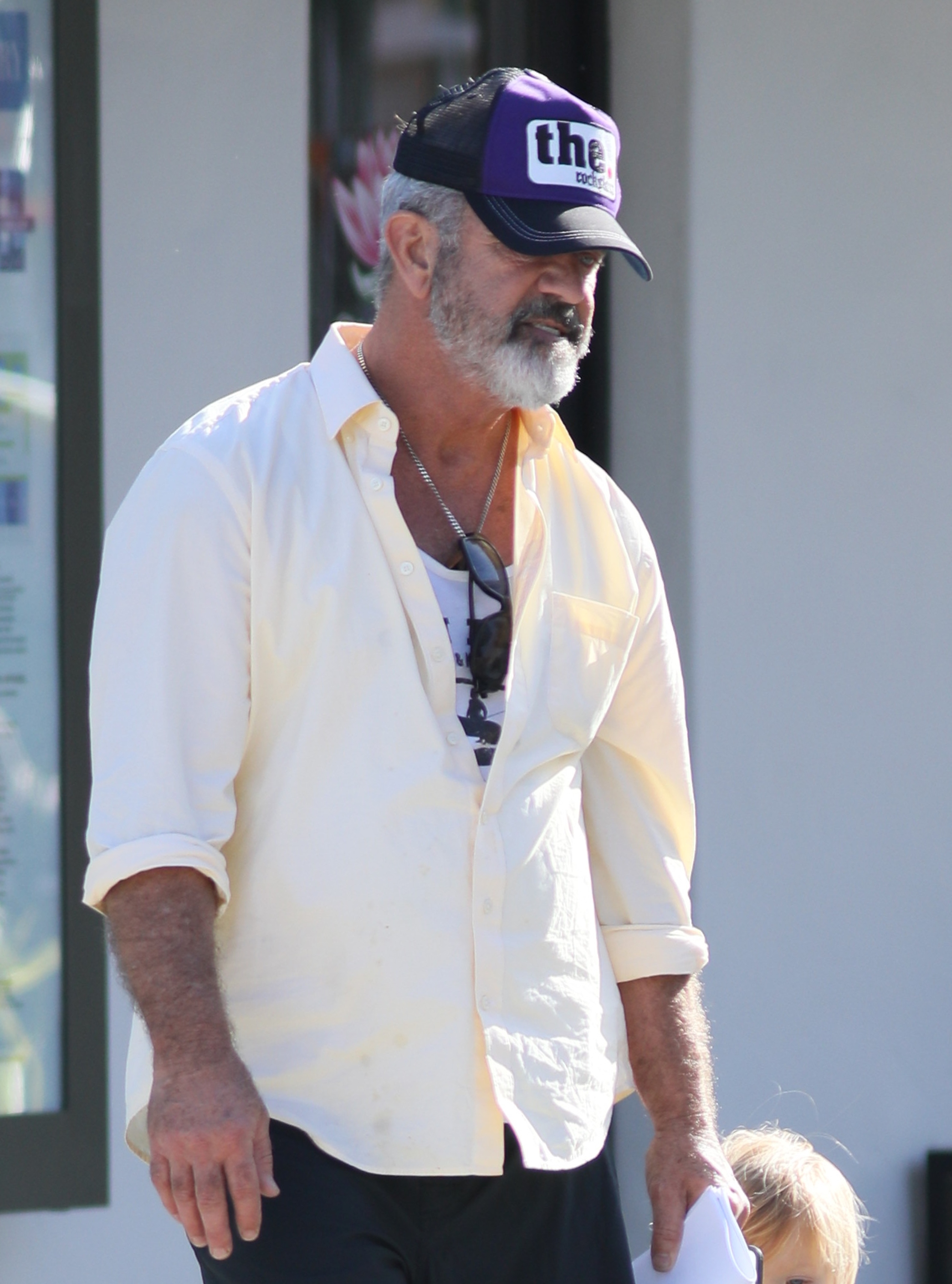
It took him a while, but eventually, Gibson managed to navigate through the aftermath and continue his career in Hollywood. While his reputation within the industry took a hit, a widespread boycott never fully materialized.
His film “Apocalypto” was released just months after the incident and received critical acclaim. Gibson went on to star in movies such as “Edge of Darkness,” supported by director Jodie Foster who cast him in her film “The Beaver.”
Although there were instances where Gibson faced objections to his involvement in certain projects, such as being replaced in the sequel to “The Hangover,” he found opportunities to stay busy with roles in films like “Get the Gringo,” “Blood Father,” and studio sequels like “The Expendables 3” and “Machete Kills.”
Despite the controversies, Gibson’s directorial work on “Hacksaw Ridge” amassed significant acclaim from fans and the film fraternity, earning him an Oscar nomination for Best Director and reaffirming his strong position in the industry.
Money and the allure of his talent played a role in Gibson’s ability to continue his career. He went on to direct films and worked on developing projects, including a sequel to “The Passion of the Christ.” He also secured roles in projects like the John Wick spinoff series “The Continental.”
Despite facing backlash, Gibson found opportunities and support from certain corners of the industry, allowing him to escape the full extent of cancel culture’s consequences.
In 2016, Gibson received a ten-minute standing ovation at the Venice Film Festival for “Hacksaw Ridge,” marking his return to directing after a decade-long hiatus. The film’s success, including its Oscar nominations, demonstrated that the “Conspiracy Theory” star’s talent and work could still resonate with audiences and the industry at large.
Gibson was last seen in prominent roles in “On the Line” (2022), “Bandit” (2022), “Panama” (2022), “Father Stu,” (2022), “Last Looks” (2021), “Force of Nature” (2020), “The Professor and the Madman” (2019), and several others. He also has a few upcoming projects lined up for 2023.
